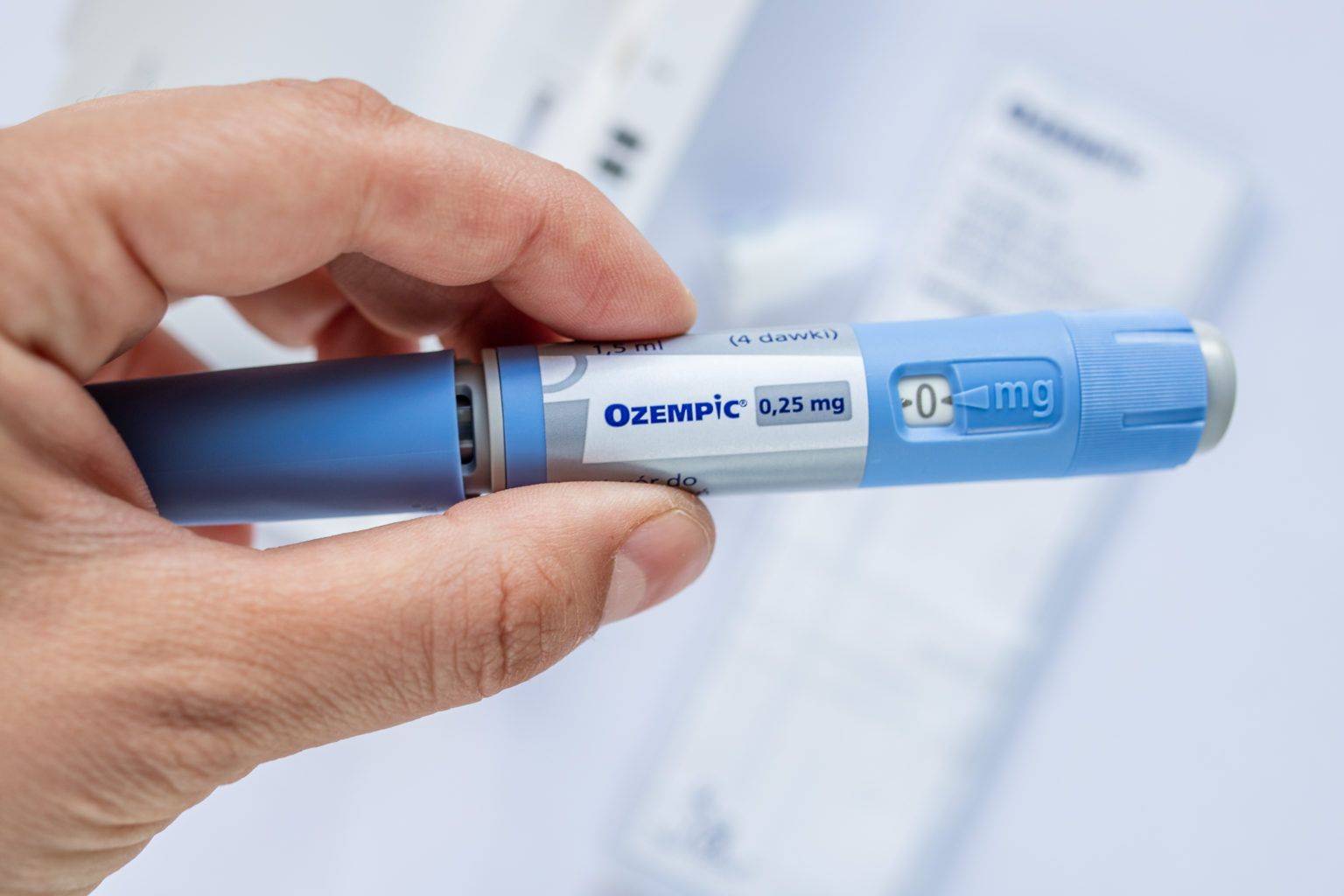Weight Management
Weight Management
Maintaining a healthy weight is important for overall health and well-being. Being overweight or obese can increase the risk of developing a variety of health problems, including type 2 diabetes, heart disease, high blood pressure, and some types of cancer. Excess weight can also put stress on the joints and increase the risk of developing joint problems and chronic pain. Maintaining a healthy weight can also improve mental health, as individuals who are overweight or obese may experience low self-esteem or feelings of depression. Eating a balanced diet and engaging in regular physical activity can help individuals achieve and maintain a healthy weight. It is important to make lifestyle changes that are sustainable in the long term, rather than relying on quick fixes or fad diets. At Total Health by MD, we guide you through this process and review all treatment options to help start your weight loss journey.
